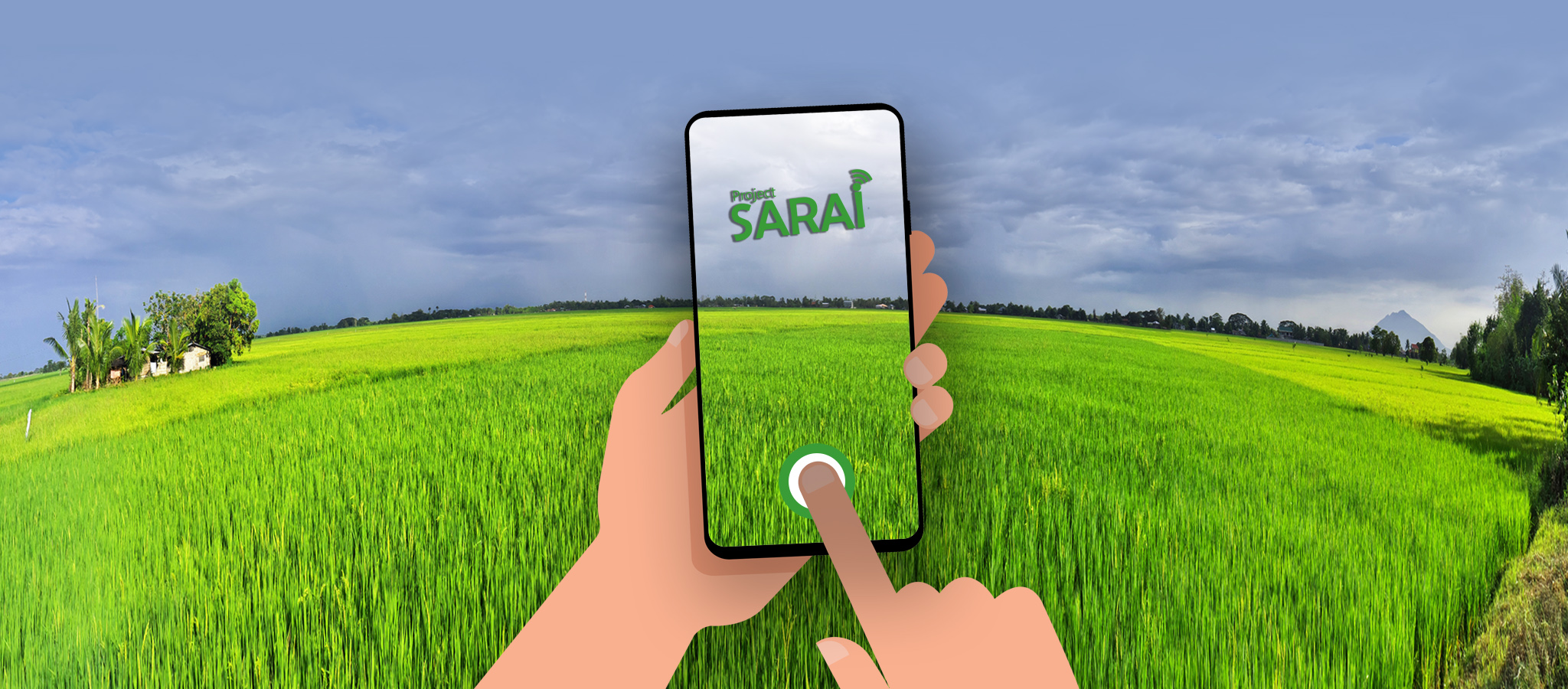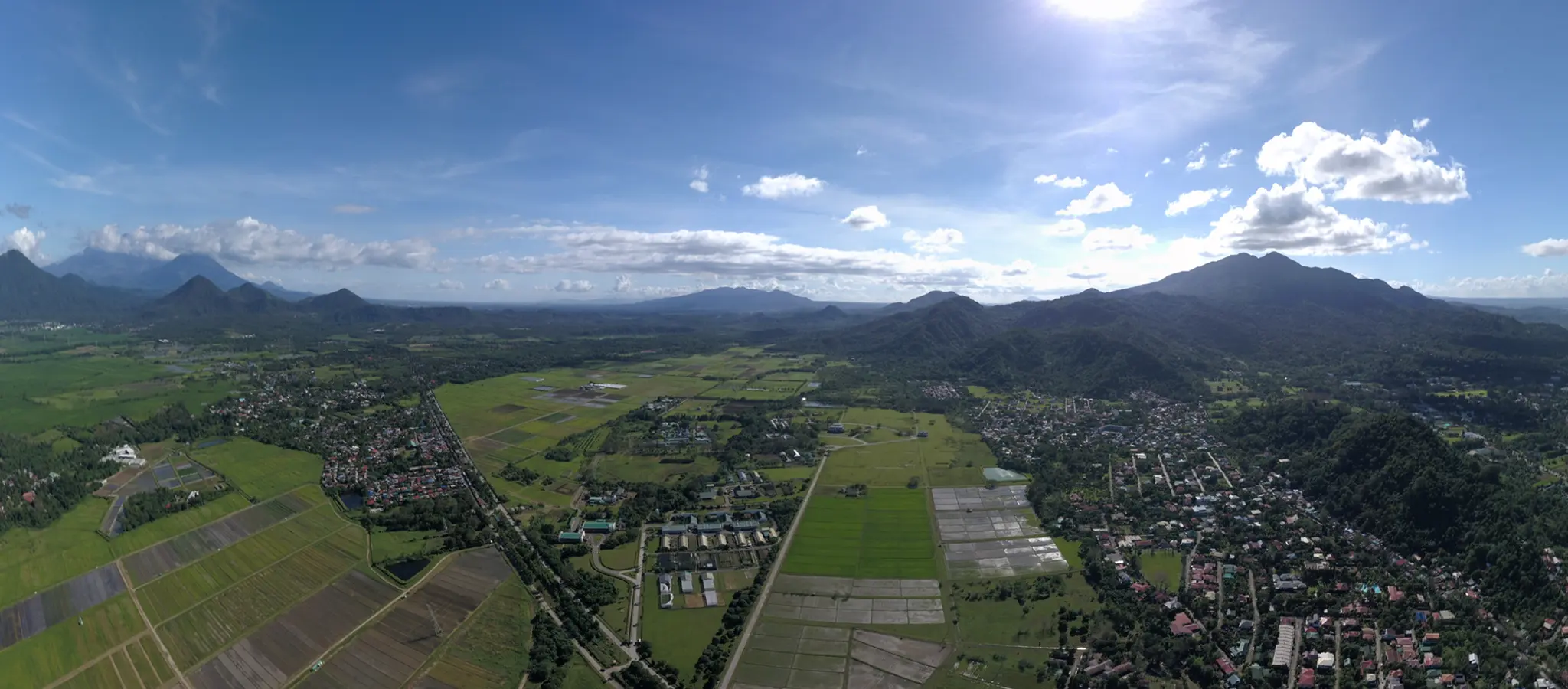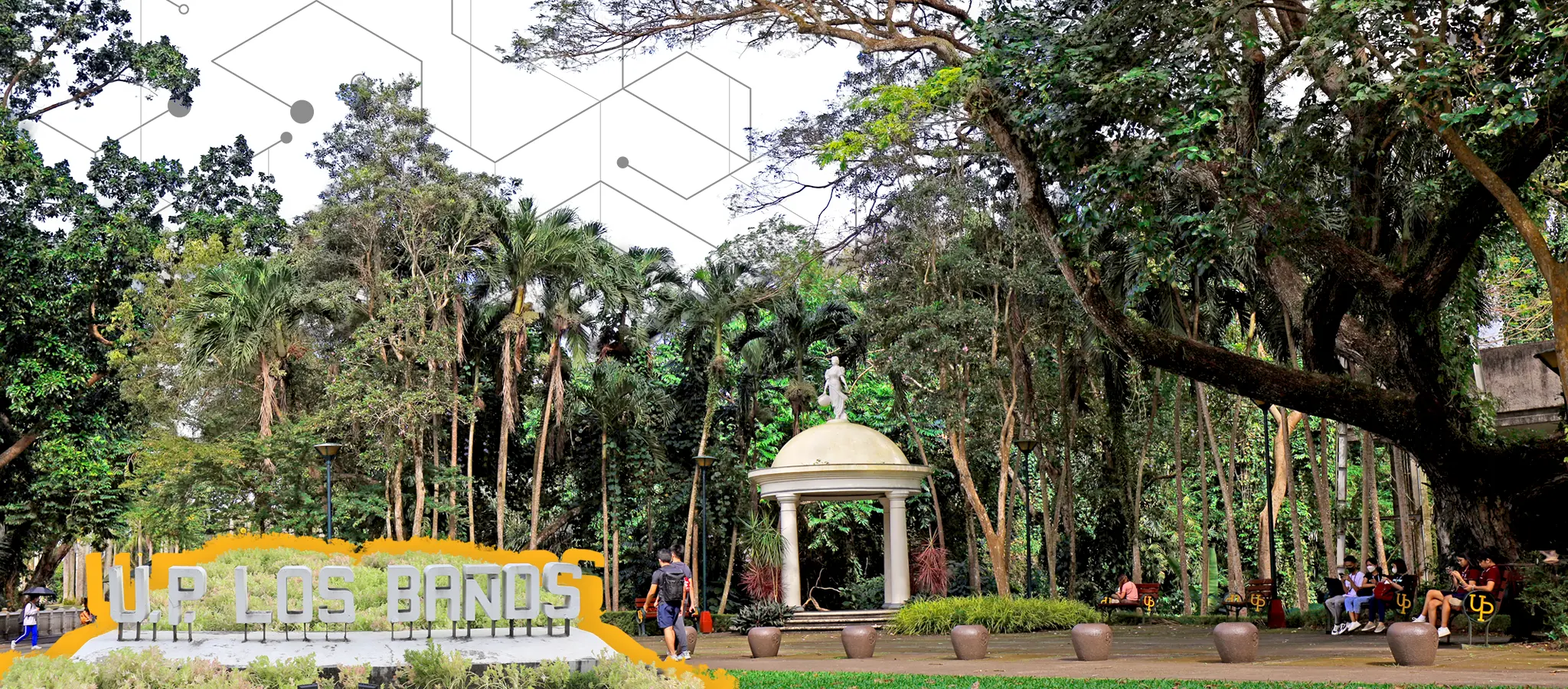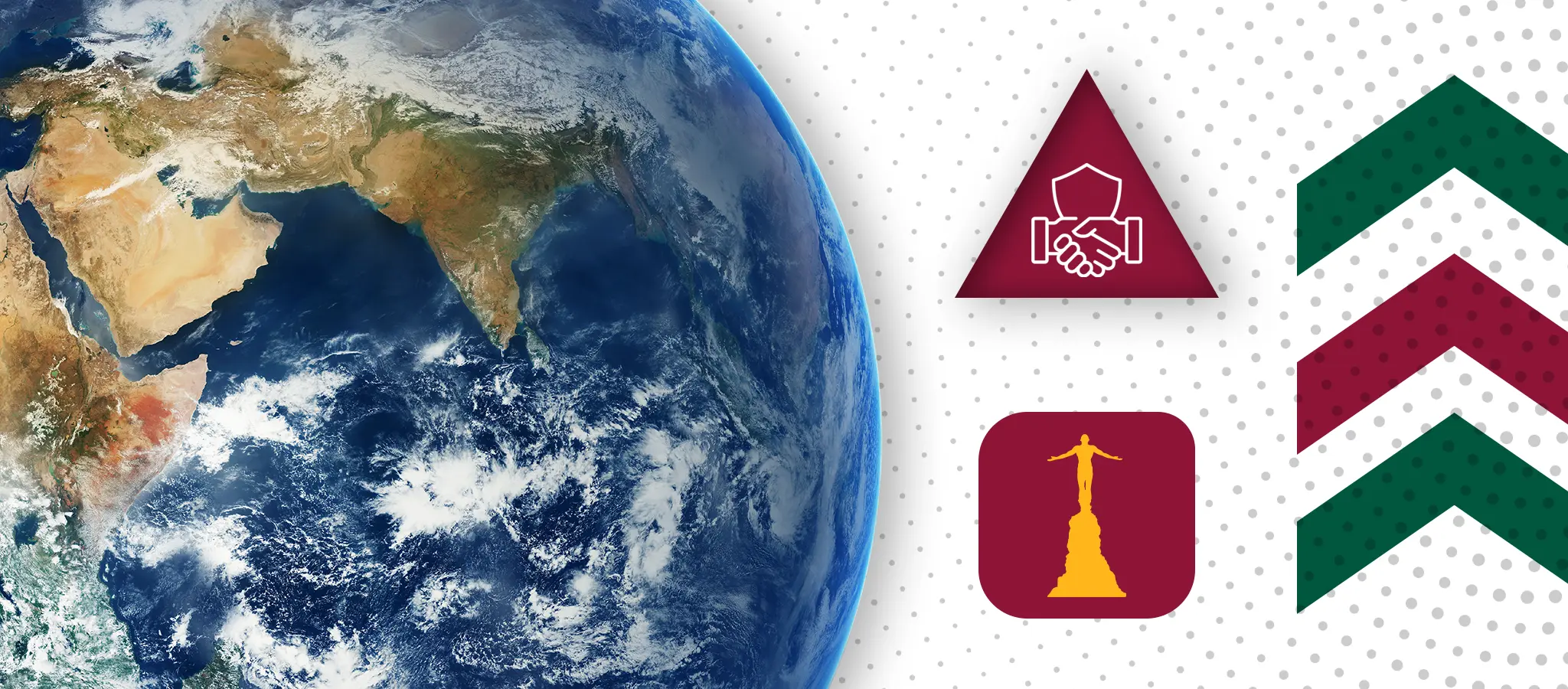
“A word to the wise is enough,” the Roman playwright Plautus once said. This centuries-old saying has persisted through generations, and its very essence now echoes to those who want to become “smart farmers.”
Smart farmers are empowered and trained to use devices like mobile phones as a farming decision support tool. For example, in the comfort of their homes, they are able to receive text messages that tell them that it is time to irrigate their crops.
At Project SARAI, or Smarter Approaches to Reinvigorate Agriculture as an Industry in the Philippines, smart irrigation – the application of the right amount of water at the right time the crops need them – is now possible. This is through the Water Advisory for Irrigation Scheduling System (WAISS), one of the smart agriculture technologies that SARAI has cascaded to the farming sector.
“With the help of low-cost smart sensors and our knowledge of soil-crop-water-climate relationships, we developed WAISS to help farmers answer the questions when to irrigate, how much, and when to stop irrigation,” said Dr. Roger Luyun, Jr., who leads SARAI-Project 2.3 where WAISS is based.
WAISS is equipped with a soil moisture sensor and is able to send information on the amount of moisture to a software based at its headquarters in UPLB.
Proactive smart farmers who wish to know the real-time soil moisture of their farm could also text the word STATUS to the WAISS cellphone number that the team provides them.
WAISS, Dr. Luyun said, is an adaptation of the Colorado State University’s Water Irrigation Scheduler for Efficient Application (WISE) that was developed by Dr. Allan A. Andales, a Filipino Balik-Scientist of the Department of Science and Technology.
Working with Dr. Luyun and Dr. Saludes in further improving WAISS are fellow agricultural and biosystems engineers in SARAI’s Water Management Team, namely: IAE faculty members Erwin Quilloy and Paolo Rommel Sanchez; researchers Toni-An Mae Salcedo and Bryan Baltazar; former researcher Yaminah Mochica Pinca; and research associates Christian Martin Casedo, Jan Albert Atienza, Jay Ann Lomod, and Ginalyn Robel Brazil.
WAISS may be used for upland crop production systems, such as corn, sugarcane, tomato, soybean, banana, and upland rice.
Initially deployed at UPLB and at Mariano Marcos State University, Ilocos Norte, the WAISS network may be expanded through SARAI’s nationwide network of 12 state universities and colleges, six government agencies, and numerous local government units and farmer cooperatives.
The research team has been studying options to improve WAISS as SARAI is fine-tuning crop advisory technologies for a better decision support system. SARAI has 15 projects working on developing and disseminating mobile and web applications for smart agriculture, not only for irrigation, but also for crop planting, monitoring, and harvesting, soil fertility, pest and disease identification, and weather forecasting, among others.
“Project SARAI envisions Filipino farmers to have the right information at the right time,” said Dr. Ma. Victoria O. Espaldon, program leader of SARAI and professor at UPLB. “[At Project SARAI], information is ready at your fingertips!”
With smart agriculture technologies that Project SARAI has been promoting, accurate, science-based, and real-time information would be enough for the wise Filipino farmers.
Share this on:



